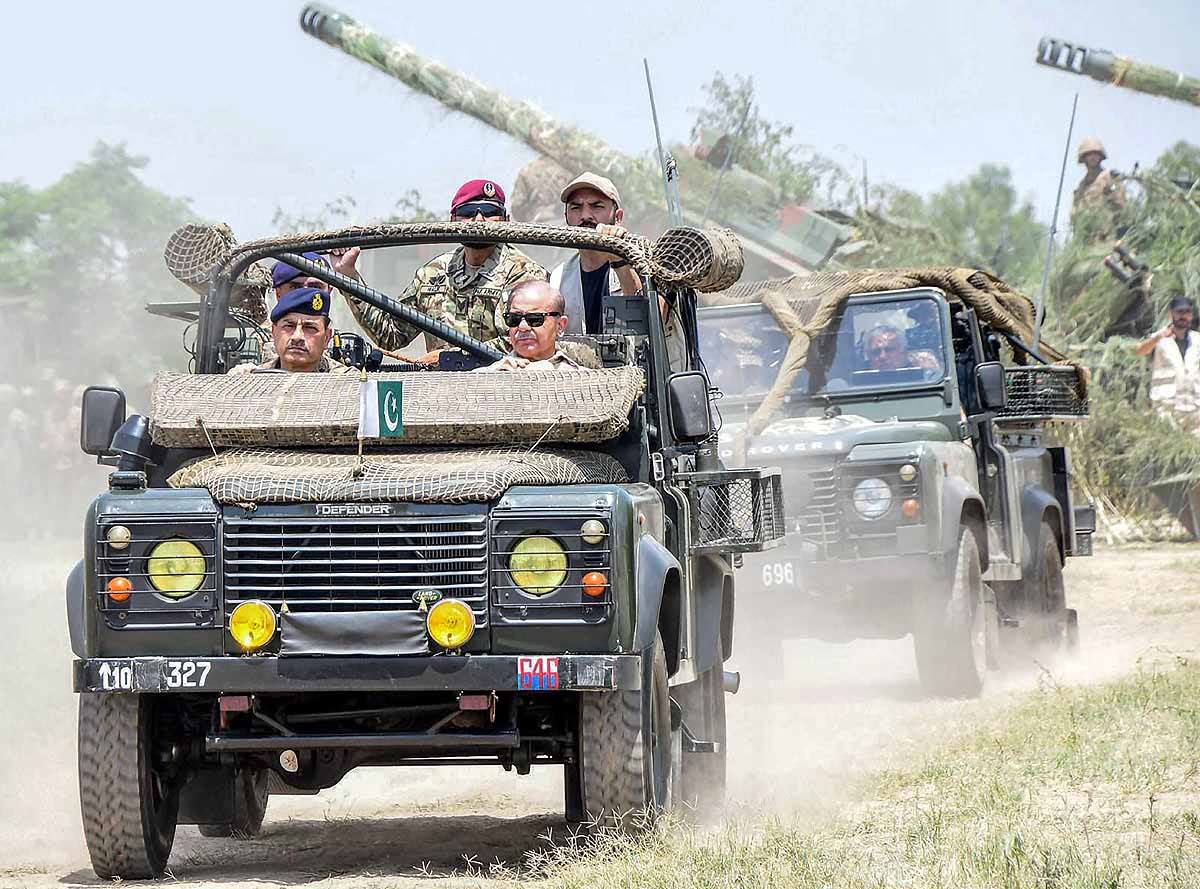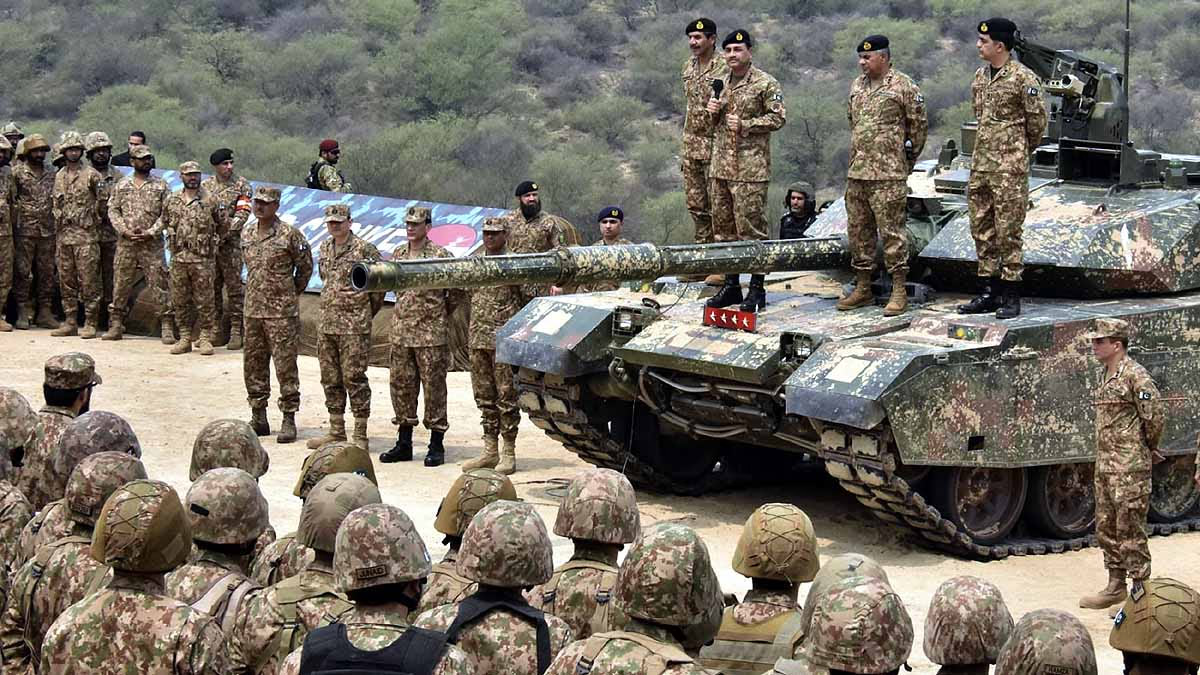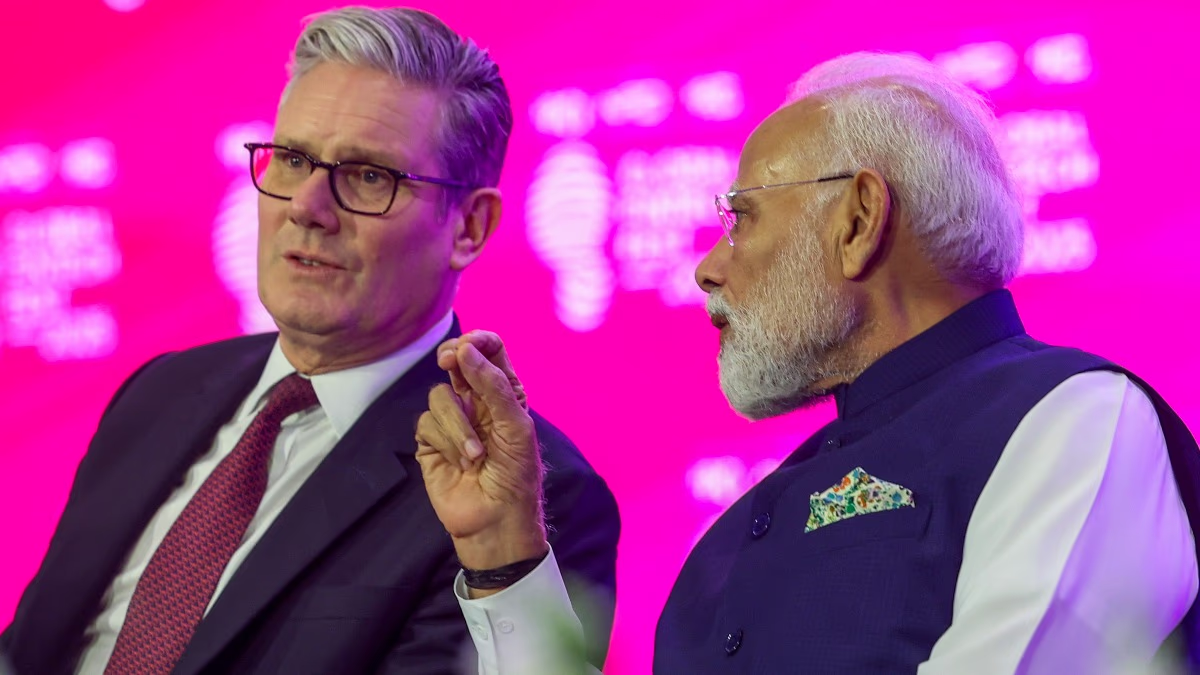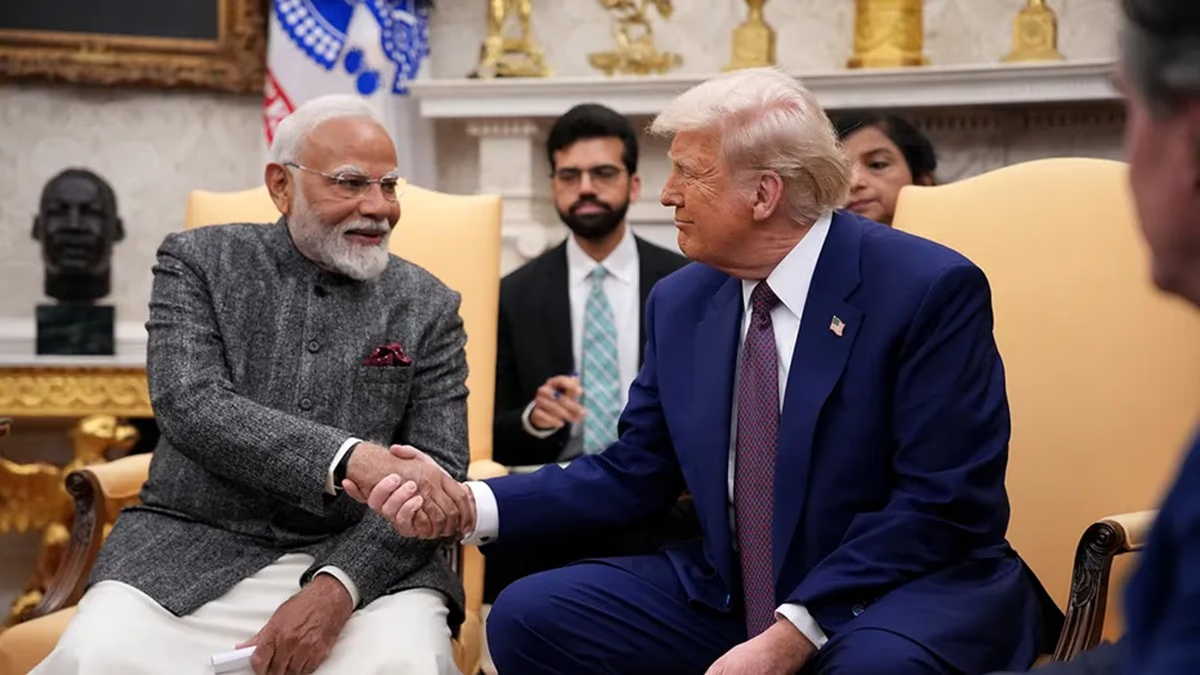The Pakistani military has always aspired to be master strategists, yet Field Marshal Asim Munir finds himself increasingly overwhelmed. With parallel threats from India and Afghanistan on one hand, and internal uprisings in Balochistan and Khyber Pakhtunkhwa on the other, Pakistan’s military is encircled on all fronts. These are the consequences of its longstanding duplicity. After years of playing a double game, the repercussions are now being felt.
During the night of October 9, Pakistan carried out airstrikes on Kabul and other Afghan cities targeting Tehrik-e-Taliban Pakistan (TTP) sites. Pakistan claims TTP launches attacks from secure bases within Afghanistan with Mufti Noor Wali Mehsud as the prime target.

Source: aajtak
Although the strikes mark a historical first against Kabul, coincidently, the same day saw the start of Taliban's Foreign Minister Amir Khan Muttaqi's visit to Delhi, marking the highest-level talks between the Taliban and India. Pakistan conducted these strikes to intimidate the Taliban, but this could backfire.
The Taliban might retaliate. In 2024, Pakistan did launch smaller drone attacks in Afghanistan, but the current strikes are on a larger scale, potentially souring Afghan-Pak relationships further. The Pakistani military thought the Taliban would serve as a strategic asset, but instead, they now appear as adversaries.
The Pakistani forces are stretched thin with troops deployed along both the Indian and Afghan borders. Long-standing animosity with India prevails. In May 2025, 'Operation Sindoor' saw India destroy Jaish-e-Mohammed camps. Subsequently, Pakistan asked the US for AIM-120C5 AMRAAM missiles for its F-16 jets, but these only maintain old capabilities, not new power. Regardless, India should remain vigilant.
The Afghan TTP problem traps Pakistan. While Pakistan once sheltered the Taliban, now the Taliban harbors TTP. From Khost and Paktika provinces, TTP launches attacks against Pakistan. After the US withdrawal in 2021, Pakistan expelled 300,000 Afghan refugees. In 2024, drone attacks killed 46 Afghans, mostly civilians. Now, the relationship has unraveled. Pakistan, nurturing the Taliban, finds itself on the losing end, fighting battles on dual fronts.
Besides external threats, Pakistan faces two rebellions within. In Balochistan, rebels seek separation, targeting the China-Pakistan Economic Corridor (CPEC). Khyber Pakhtunkhwa sees activism by TTP and other radicals. 2025 marks TTP's deadliest year since 2009, with over 1,000 soldiers lost.
For the generals at GHQ Rawalpindi, this 'Two-Front Nightmare' is challenging, maintaining border readiness while combating internal uprisings. This situation stems from the military's historical errors. Between 2001-2021, as Pakistan aided the US 'War on Terror,' it simultaneously harbored the Taliban and Al-Qaeda. Osama bin Laden was killed in 2011 near an army academy, reflecting this double game now turned against them.
Former US President Donald Trump seeks a return to Afghanistan, demanding the Bagram airbase last utilized by Soviet forces. The Moscow Format (India, China, Russia) resists this. The US relies on Pakistan's army, supplying funds and arms as in the 1980s. Then President Zia-ul-Haq acquired F-16s, and Musharraf procured AMRAAM missiles in 2006. Now Munir gained approval for new AMRAAMs post-Operation Sindoor.

Source: aajtak
Pakistan offers the US rare earth minerals and access to Pasni port, suggesting a corridor to five resource-rich Central Asian countries. Yet, TTP attacks and Afghan tension risk overshadowing prospects. Pakistan risks returning as a pawn for the US. Trump envisions mediating for a Nobel Peace Prize, but Pakistan’s military remains focused on thwarting India. In this 'New Af-Pak Great Game,' Pakistan appears to be faltering.
This turmoil presents a strategic advantage for India. The Taliban Foreign Minister's visit to Delhi indicates improved ties with Afghanistan. However, Pakistan’s desperation might ripple towards India, escalating border tensions. India should boost its military strength. Leverage S-400, Rafale upgrades, and quad collaboration. Avoid Pakistan’s double-dealing approach — straightforward diplomacy and fortified borders are the key.
Field Marshal Munir is beset by crises on all sides. This appears to be retribution for the Pakistani army's old deceitful moves. Years of encircling India have led to their confinement. The world watches as double games prove unsustainable.




